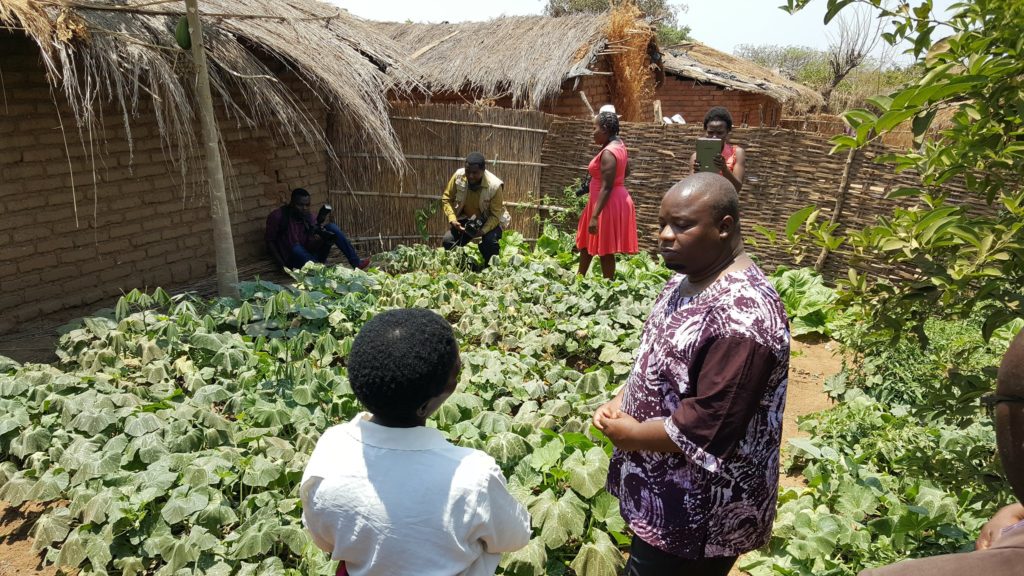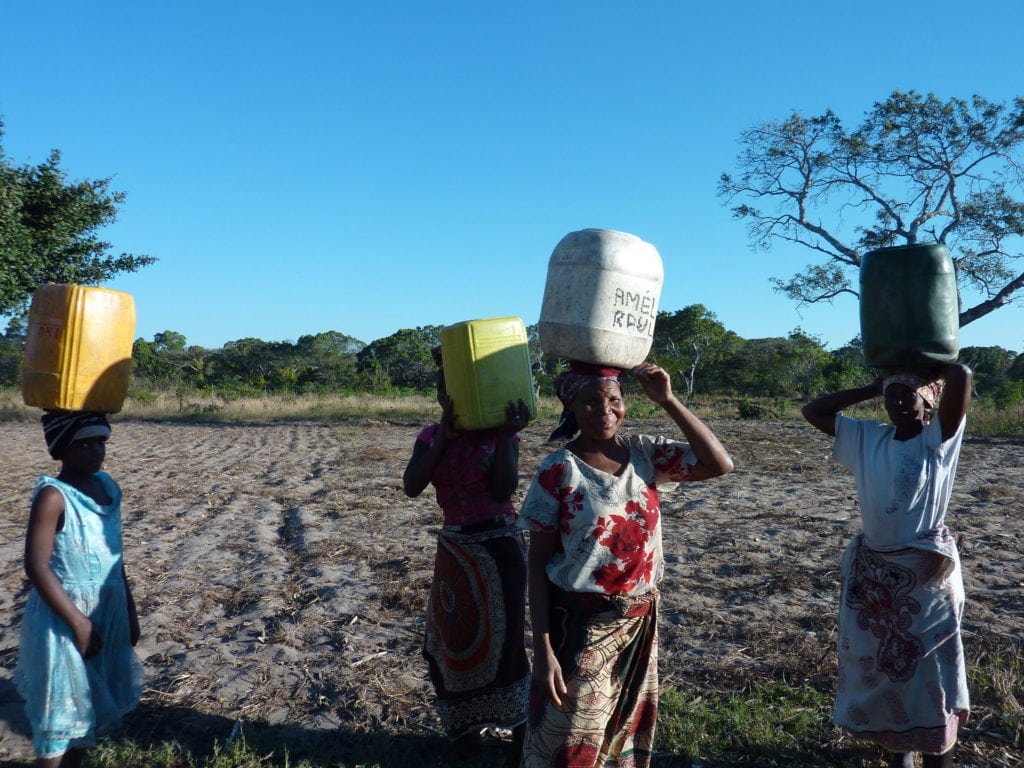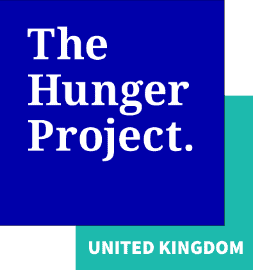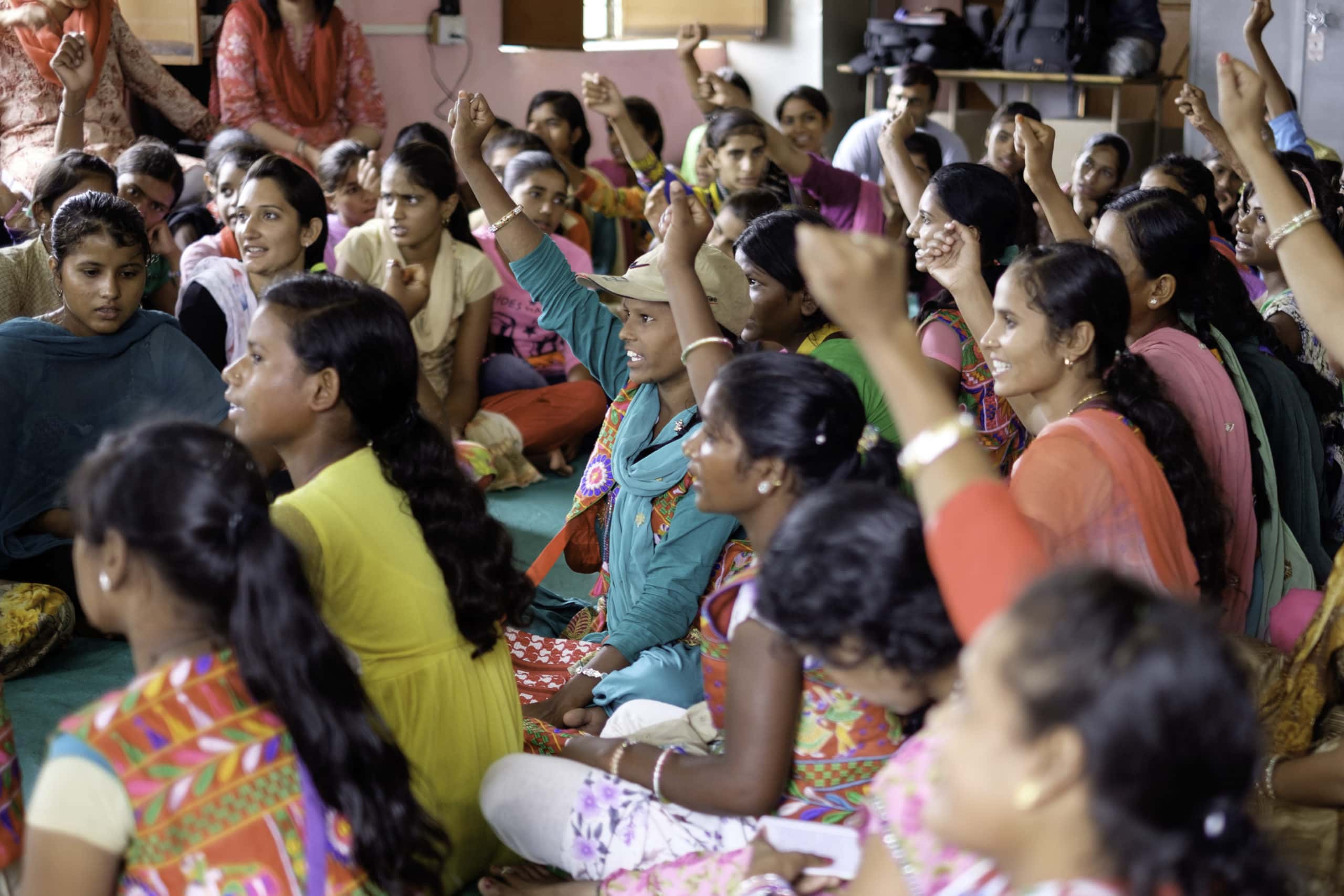Climate Change at The Hunger Project
Climate change has emerged as one of the most pressing issues of the 21st century. Severe variations in temperature are being felt all around the world, the results of which are already having drastic effects on the lives of vulnerable members of at-risk communities. For example, The FAO predicts that in 2080 it is likely that up to 75% of the African population will be at risk of hunger due to climate change, and that by 2030, the African continent will lose ⅔ of its arable land.

Women are likely to feel the effects of climate change and reduced supply even more profoundly than their male counterparts as social conditions force them to accept less of diminishing resources. As the primary providers of food and water, (especially during the dry season when men leave to work in urban areas) rural women will be forced to walk further to collect supplies for their families as water becomes less and less accessible. UN agencies estimate that 80% of people displaced globally due to climate change are women, who have been forced to move due to inhospitable conditions, lack of resources, or conflict resulting from water and food shortages.

Rural populations already have a low environmental impact as compared to urban ones, and small changes can go a long way in adjusting to new conditions. Women in Ethiopian villages, for example, have already started investing in more durable homes, utilising The Hunger Project epicentre credit savings programmes to build structures that can protect their families against both natural and man-made shocks. Similarly, The Hunger Project workshops in Uganda have focused on diversifying farming techniques, in order to adapt to traditional practices increasing infeasibility as the climate shifts.

Improving environmental and climate resilience in rural communities is crucial to our work. We empower the communities we work in with the tools, skills and resources they need to adapt to climate risks and protect their future through our Climate Resilience program. This includes working on environmental sustainability, sustainable agriculture, climate adaption and risk management.
These are some of the initiatives that we work on with our village partners:
Promote sustainable farming practices
At our epicentres in Africa, partners create community farms where villagers learn composting, intercropping and other methods to improve crop yields, restore soil fertility and make the best use of scarce resources.
Increase access to sustainable agriculture technology
The Hunger Project provides training and credit, mobilising people to adopt sustainable agricultural technology and practices, and encouraging them to demand agricultural extension services from their government.
Raise awareness of and build capacity to adapt to climate change
In India, The Hunger Project and its partners hold workshops to build our partners’ capacity to exercise leadership, take steps to reduce their vulnerability and formulate strategies to mitigate climate change risks. At the regional and international level, we also advocate for the conservation of natural resources, the mitigation of the harmful effects of extractive industries, and the recovery and promotion of traditional knowledge and technology that is highly adaptable to changing climate conditions.
Facilitate reforestation and tree-planting campaigns
Throughout our program countries, trained village partners establish tree nurseries to reforest their communities and control soil erosion. These can also become entrepreneurial village businesses, supplying families with fruit trees that not only capture carbon but also provide nutrition and income.
Form Climate Committees
Along with training all of our Animators (local volunteer leaders) on climate change in their communities, Climate Committees are formed across our epicentres in Africa. These committees are made up of at least 50% women as well as youth participants who lead activities, promote and create partnerships, support farmers to adapt to changes and help produce and review the communities action plan against climate change.
The communities we work with have proven their resilience in the face of harsh conditions time and time again and, equipped with the right tools, will continue to do so.
Invest in climate resilience for all! Donate here
This article was originally published by The Hunger Project Australia




